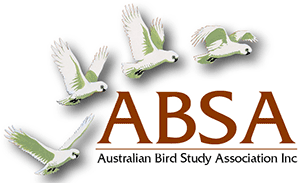Behaviour and family association during the post-fledging period in Southern Boobooks Ninox boobook
| Posted: |
25/11/2020 |
| Author(s): |
Esteban J. Fuentes, Jerry Olsen, Stephen Debus, Susan Trost |
The post-fledging dependence period, a crucial stage in developing survival skills, is a poorly studied ontogenetic phase in Australian owls. Post-fledging behaviour, development and dispersal were studied in 10 broods in six territories of the Southern Boobook
Ninox boobook in Canberra, ACT during 1999–2008 using colour-banding and radio-tracking. Owlets fledged in summer (usually December–January) at 33–41 days old (mean 37 days). Fledglings roosted with one or both parents in the early stages post-fledging (Weeks 1–4), progressing (Weeks 5–7) to roosting only with the male after female desertion and then to only roosting together. They finally attained independence from parental feeding at 44–57 (mean 48) days and dispersed from the natal territory at 44–72 (mean 56) days post-fledging in late summer/early autumn. The findings refine the ages at which young Boobooks have been claimed to fledge and disperse, and give us a better understanding of the species’ ecological requirements in the face of increasing human pressures on their environment.
>> Download Abstract |
File Size: 108KB
>> Download Complete PDF | File Size: 2.66MB
